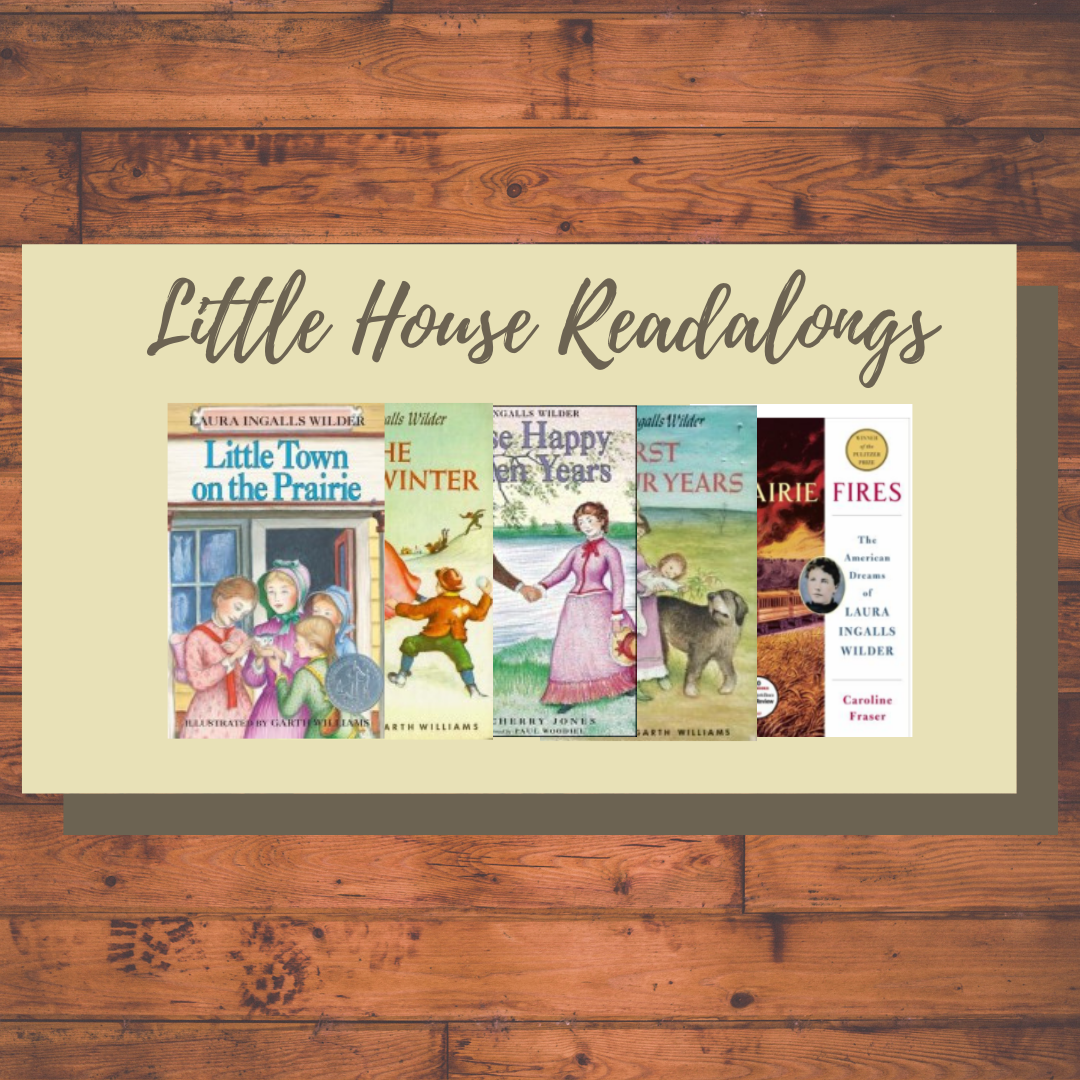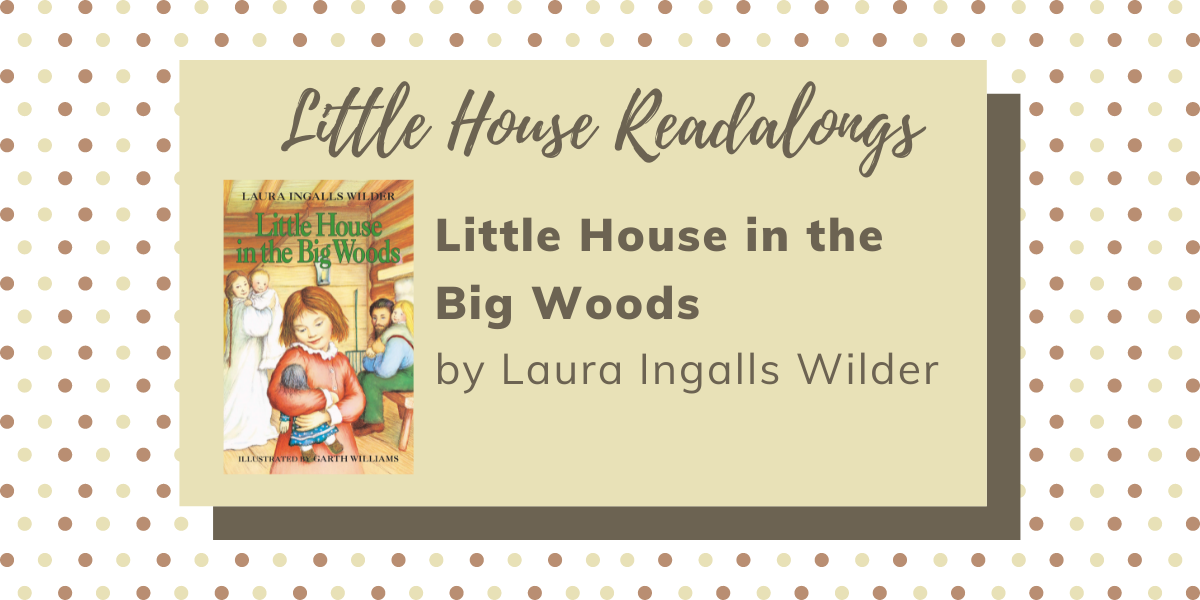
According to Caroline Fraser, Laura Ingalls Wilder often wrote this at beginning of her fan letters about her life: “It is a story filled with sunshine and shadow” (479.) As with everything in Fraser’s book, there is a reason for each chapter title, each subheading, each section, cultivated to explore something in history, in politics, in Wilder’s or Rose Wilder Lane’s life, contrasting the dark and light, the sunshine and shadow.
Covering the Wilder’s final two decades, Fraser balances how the author’s professional life was winding down, while simultaneously exploring how the Little House series had started taking on a life of its own, receiving accolades from librarians, schools and readers both in the United States and around the world; as well as the updated 1950s editions illustrated by Garth Williams. As well as Wilder’s decision to not continue writing because—perhaps—she didn’t want to revisit those first four years of marriage, leaving Almanzo and Laura on the precipice of a beautiful world.
“Sunshine and shadow” could also be this period of reflection in Wilder’s personal life. On one hand Wilder’s relationship with Rose continued to be complicated, while on the other, the author enjoyed her retirement, choosing to stay close to home to be with Almanzo, whose health was failing. Wilder’s younger sisters—Grace and Carrie—also died before she did, keeping in the theme of her being the one left to tell the family stories. Wilder appears, however, to be active in her garden, in the community, continuing to make friends. She settled into herself, finally feeling she achieved what she had set out to do—only to watch her husband die.
Almanzo’s death is a perfect example of how Fraser uses the primary source material to show Wilder’s life. Using family friend Neta Seal’s diary, Fraser compassionately describes the scene: “On the following morning, a Sunday, she received a call summoning her to the Wilders’. Almanzo had died. When she arrived, he was in his usual chair, his wife embracing him. ‘She just didn’t want to let him go,’ Neta said.” (469). Fraser could have probably quoted the whole episode from Seal’s diary, but instead uses punctuation, short phrasing and that one statement that says everything we needed to know about how Wilder felt about her husband.
And, yet, Fraser also continues to examine the dichotomy between the mythology around Wilder and her series, foreshadowing the debates that still continue today around the expansion of the mid-west, the treatment of indigenous peoples, and Rose Wilder Lane’s libertarian economic and political views. Like much of this compelling biography, the chapter is uncomfortable, because it doesn’t shy away from truths behind Wilder’s fiction, her relationship with her daughter, and our own perceptions of what we thought we knew about them.
Fraser is not sentimental, nor does she make excuses for Wilder’s beliefs. Rather, she uses all of the primary source material to examine their origin in family, in history and in community, exploring the psychological reasons why Wilder might be fine with helping farmers with a small loan, but against Roosevelt’s New Deal –the scale. Or, how Wilder saw her mistake in Little House on the Prairie and rectified it, but still comfortable being part of the mythology developing around the American west during the Second World War; connecting the release of These Happy Golden Years to the popularity of shows like Oklahoma, that ignored “the dark heart of Andrew Jackson’s genocidal Indian Removal policy” (444).
Fraser highlights how Wilder is a product of her time, reflecting back both the beauty and the sorrow of the late 19th, early 20th century. Something that—given the often use phrase in her fan letters— Wilder was deeply aware about her own life and work.


Comments4
It’s interesting to note on the TV show that The First Four Years is chronicled in the episode titled: Days of Sunshine, Days of Shadow.
That’s so true.
This was one of my favorite chapters in “Prairie Fires” just for the same reasons you mentioned, Melanie. Envisioning Laura holding Manly in his chair still brings tears to my eyes. Yet the complicated relationships with her daughter Rose, her subject material of Westward Expansion and her current WWII political views were all a part of a REAL life and experience. This has made Laura’s fictional LH story and her biographical story even more compelling for me to read and share as a librarian in this contentious time we are experiencing now.
I completely agree, Connie. The reason Wilder’s story is so compelling is because of these nuances.
Comments are closed.